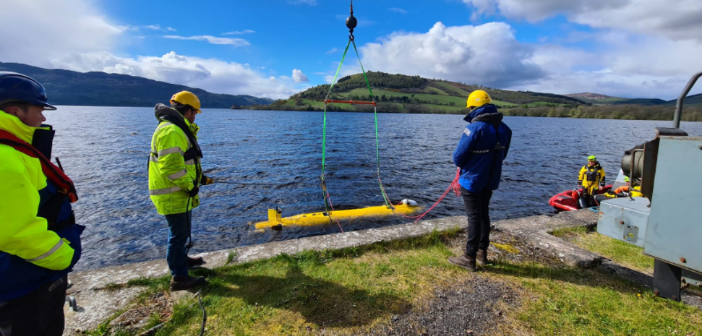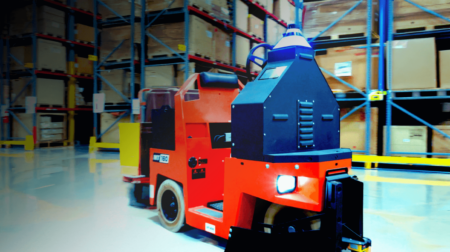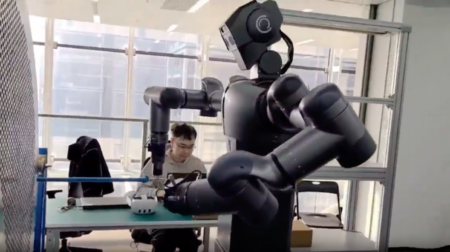Europe’s first maritime training and operations centre for robotic vehicles will be based in Southampton, with three key players coming together to drive the sector’s digital transition.
The Royal Navy, SeaBot XR, and the UK’s National Oceanography Centre (NOC) have signed a memorandum of understanding (MoU) to create the National Centre for Operational Excellence in Marine Robotics.
According to the collaboration, together they will create a new training entity that will interpret and deliver new standards of training using the progressive, world-renowned facilities at the NOC and other satellite facilities.
Furthermore, the MoU will result in a combined training and testing site where companies can try out their own autonomous and remote-controlled vessels. There will also be access in-person training designed for military and civil marine operations.
A remote operations centre and various surface and sub-surface vessels will enable clients to experiment with different weather and tidal conditions, vessel features and operational practicalities.
Huw Gullick, managing director of NOC Innovations and NOC associate director of strategic business, said: “The National Oceanography Centre’s research in autonomous vehicles is supported by the world-class testing equipment available on our sites.
“Through this MoU we hope to provide companies with the opportunity to train their workforce in above and sub-surface remote operations, and benefit from the expertise brought together through the MoU.”
The centre of excellence will be based at the NOC’s two UK testing facilities in Southampton, England and Loch Ness, Scotland. It will be officially launched at the Marine Autonomy and Technology Showcase Southampton, in November.
Gordon Meadow, CEO of SeaBot XR, added: “We are delighted to be working with the Royal Navy and NOC to provide a future-proofed approach to maritime training.
“Current training available for seafarers of crewed vessels has served the industry well for decades, but many of the training methods and much of the curriculum cannot be applied to autonomous and remote vessel operations.
“Digitalisation is the next frontier in shipping and so requires a fresh approach to workforce training. It is vital that training is developed alongside the technology so that it serves humans to their advantage.”








